Rugby Colony
A failed utopian experiment for British expats in the American South is now a Victorian village frozen in time.
Rugby, Tennessee, was established in 1880 as an experimental Utopian community for British expats in the American South. It was to incorporate the best parts of America with the best parts of England—civilized, hardworking Christians sharing in an agricultural community without harsh class distinctions.
In its first decade, Rugby thrived. It attracted younger sons of landed British gentry, who, by birthright, received nothing of their fathers’ estates, as well as Americans seeking a planned community and culture. The self-selecting crowd reached about 300. They enjoyed a swath of highbrow pursuits, such as theatre, croquet, literary clubs. Around 70 buildings were constructed in a stately Victorian style, including the Tabard Inn (named for the one in Chaucer’s Canterbury Tales) and a free public library named for the town’s founder, Thomas Hughes, a popular British author of the period.
But there was soon trouble in paradise. A typhoid outbreak killed a number of Rugby residents, and because newspapers were watching the town’s progress closely, the tragedy was widely reported on. The Tabard Inn burnt down two times in as many decades. The town suffered financial troubles too, despite the fact that Hughes funneled $75,000 of his own funds into development. He tried to start a tomato cannery, but the inexperienced farmers were unable to produce enough tomatoes. Newspapers ridiculed Hughes and Rugby, and by 1900 it was nearly deserted, with only a handful of residents remaining.
Sixty years later Brian Stagg stumbled upon the dilapidated community and vowed to make it a historic landmark. By creating the Historic Rugby Foundation, Stagg was able to restore the buildings that still stood and rebuild the ones that had been destroyed, according to their original Victorian design. Now, Rugby is one part museum, one part town. Nearly 85 people live in the historic homes, and the community is still growing, with plans to build a park and more houses. The Historic Rugby Foundation hosts tours and events that uphold traditional Victorian crafts and pastimes. There are Appalachian storytellers, English dancers, ghost tours, wood whittling workshops, and of course, lots of people in period dress.
The Rugby Colony was listed on the National Register of Historic Places in 1972 and retains several original Carpenter Gothic-style landmarks, including Christ Church Episcopal, Thomas Hughes Free Public Library, Rugby School, Kingstone Lisle, Uffington House, and Newbury House. The library is considered one of the oldest freestanding public libraries remaining in the South.

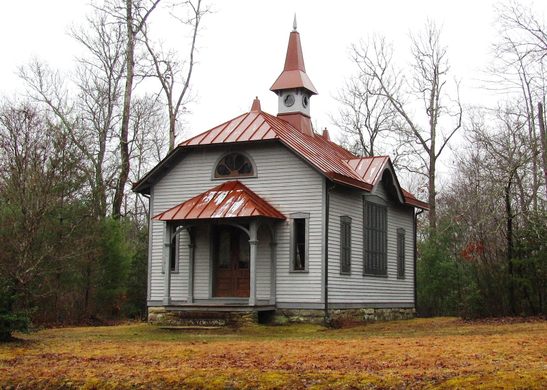





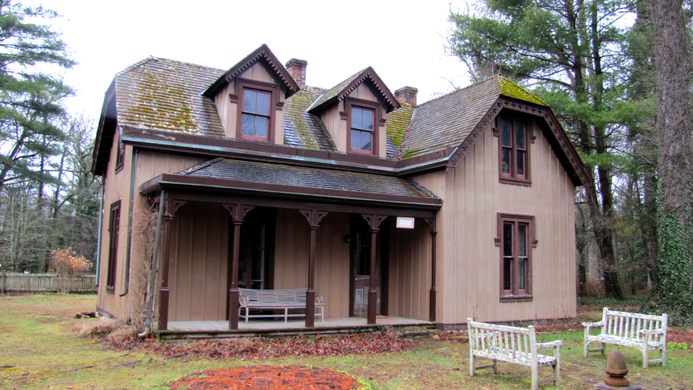

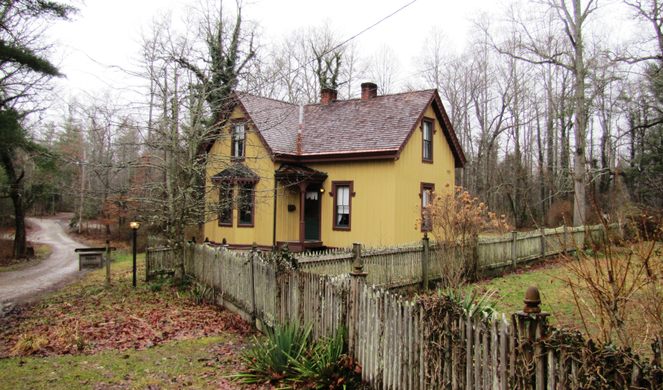












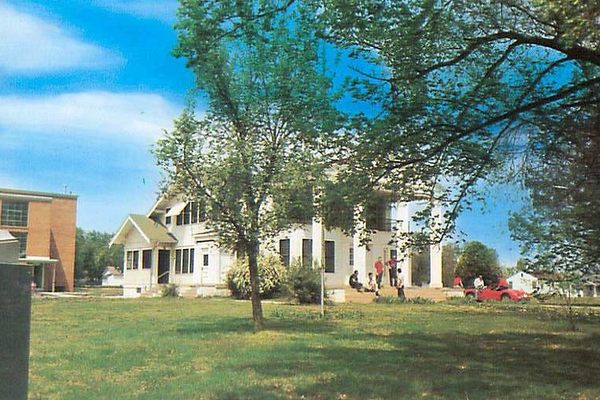
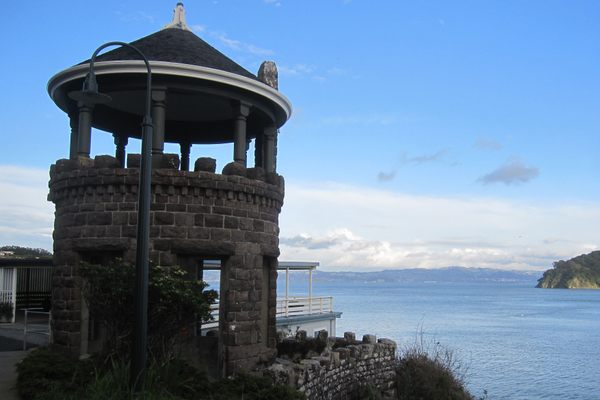
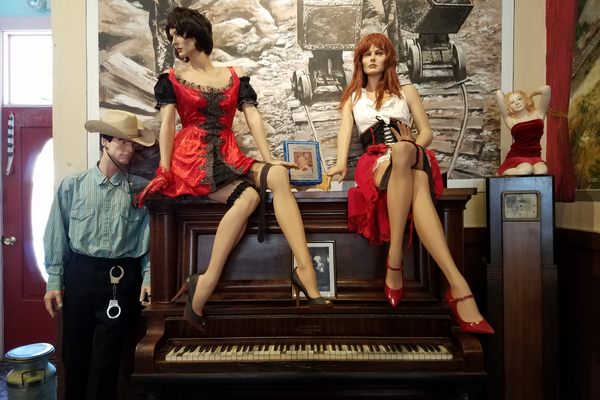

Follow us on Twitter to get the latest on the world's hidden wonders.
Like us on Facebook to get the latest on the world's hidden wonders.
Follow us on Twitter Like us on Facebook